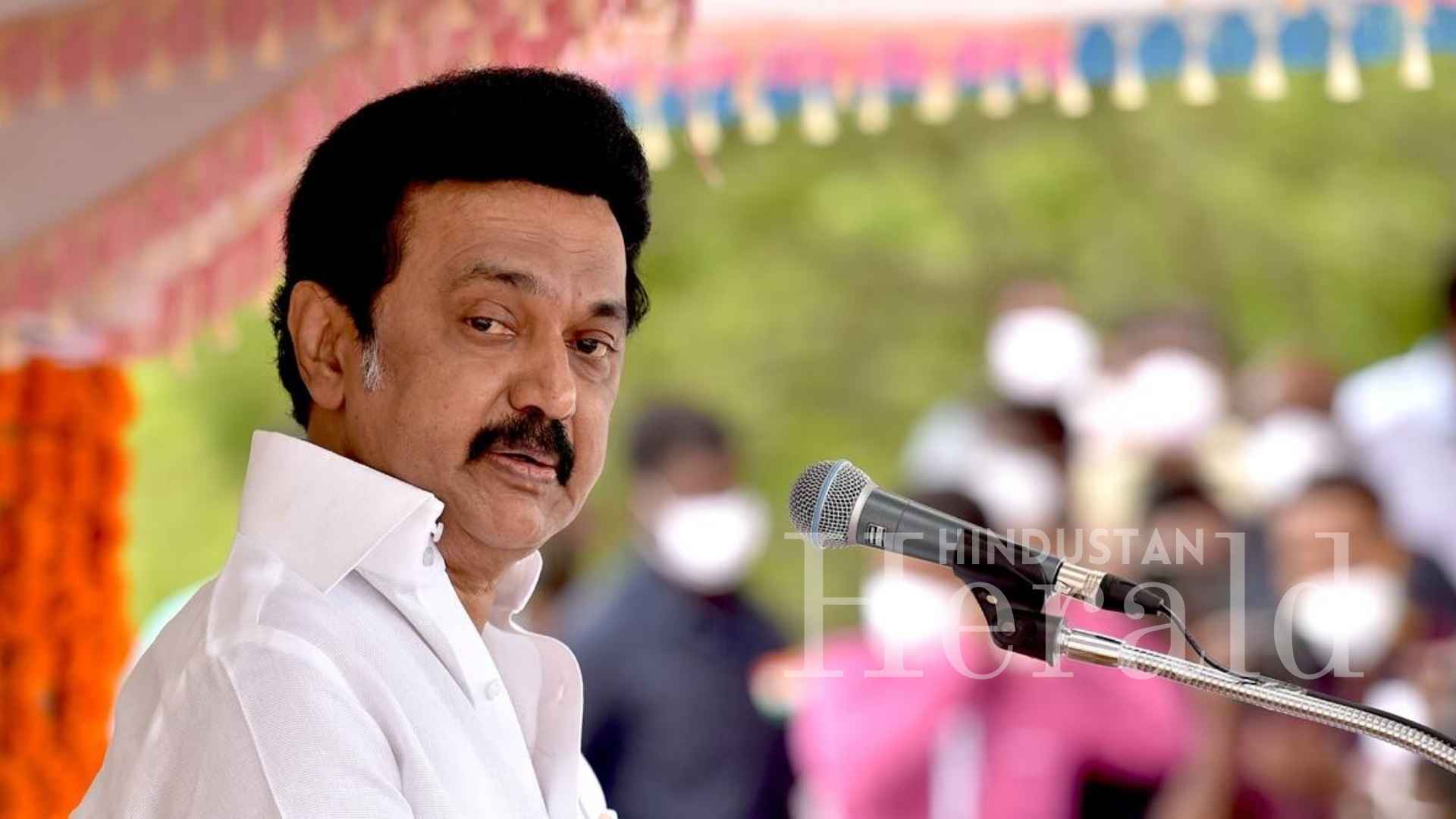Justice Kurian Joseph to Head Tamil Nadu State Autonomy Panel; Stalin Assembles Top Minds for Federalism Push
Amid rising tensions with the Centre, the Tamil Nadu government has constituted a high-profile panel led by retired Supreme Court judge Kurian Joseph to explore measures for protecting state autonomy. The move is seen as part of DMK’s long-standing advocacy for federalism.

Key Highlights:
Chennai, April 15, 2025 – In a move that has sparked renewed discussion on Centre-state relations, the Tamil Nadu government has constituted a three-member state autonomy panel to assess and recommend measures to protect and strengthen the federal structure of governance in India.
The committee will be chaired by Justice (Retired) Kurian Joseph, a former judge of the Supreme Court of India. He will be joined by Ashok Vardhan Shetty, a retired IAS officer and former Vice-Chancellor of the Indian Maritime University, and M. Naganathan, an economist and former Vice Chairman of the State Planning Commission who was a close aide of late DMK patriarch M. Karunanidhi.
Panel’s Objective: Restoring State Rights and Autonomy
The high-level committee is tasked with examining the erosion of state powers, especially the transfer of subjects from the State List to the Concurrent List, and suggesting legislative, administrative, and constitutional reforms.
“This panel is a vital step towards restoring the federal balance envisioned in our Constitution,” said a senior official from the Chief Minister’s Office.
The committee’s key responsibilities will include:
- Reviewing past recommendations like those from the Rajamannar Committee (1969)
- Recommending ways to reclaim state jurisdiction over subjects moved to the Centre
- Evaluating Tamil Nadu’s administrative challenges under centralized schemes
- Proposing frameworks to protect legislative and judicial independence at the state level
DMK’s Continued Push for Federalism
The formation of this panel is consistent with the Dravida Munnetra Kazhagam (DMK)‘s historical stance on state rights and decentralization. Tamil Nadu Chief Minister M.K. Stalin has on multiple occasions criticized the Union government for overreach in education, taxation, language policy, and disaster relief management.
“The time has come to secure the rights of the states, to strengthen the soul of federal India,” Stalin said during a party function last week.
The move is also being viewed as a prelude to the 2026 state elections, positioning the DMK as a defender of Tamil Nadu’s constitutional rights.
Meet the Three-Member Panel
Justice Kurian Joseph (Chairman)
- Served as a judge of the Supreme Court from 2013 to 2018
- Known for his independent judicial approach and balanced views on constitutional matters
Ashok Vardhan Shetty
- Former IAS officer of the 1983 Tamil Nadu cadre
- Served as Vice-Chancellor of Indian Maritime University
- Has decades of experience in administrative policy and governance
Prof. M. Naganathan
- Veteran economist and former Vice Chairman, State Planning Commission
- A trusted aide and morning walk companion of late CM Karunanidhi for over 25 years
- Key advisor on Tamil Nadu’s economic and fiscal policy frameworks
Expected Timeline and Deliverables
According to sources in the Tamil Nadu government:
- An interim report is expected by January 2026
- The final report may take up to two years
- Findings may be used to draft a comprehensive white paper on federalism, to be tabled in the Tamil Nadu Assembly
Political Reactions: Divided Response
While the DMK and its allies have welcomed the panel, opposition parties have criticized the move as politically motivated.
A senior BJP leader in Chennai said:
“The DMK is trying to distract from its administrative failures. It’s ironic that the same party that shared power at the Centre for decades is now questioning the structure.”
The AIADMK has taken a more cautious approach, neither endorsing nor opposing the committee, but calling for transparency in its findings.
Historical Reference: Rajamannar Committee
The move draws parallels to the Rajamannar Committee, set up in 1969 by then Chief Minister M. Karunanidhi, to study Centre-state relations. That committee had recommended greater fiscal and administrative autonomy for states, including abolishing Article 356 and granting states more say in All India Services appointments.
“This is a continuation of Tamil Nadu’s historic efforts to achieve cooperative federalism with dignity,” said political analyst R. Kannan.
A Bold Institutional Step Toward Strengthening Federalism
The Tamil Nadu state autonomy panel symbolizes a strategic institutional push for federal reform in India. At a time when many states are raising concerns about central overreach, Tamil Nadu’s initiative could catalyze a broader national conversation.
With a Supreme Court judge, a seasoned bureaucrat, and a respected economist on board, the panel is expected to provide credible, well-researched recommendations that may influence policy not just in Tamil Nadu but across India.
Stay with Hindustan Herald for continued updates on this committee’s progress, expert reactions, and policy implications.
The Hindustan Herald Is Your Source For The Latest In Business, Entertainment, Lifestyle, Breaking News, And Other News. Please Follow Us On Facebook, Instagram, Twitter, And LinkedIn To Receive Instantaneous Updates. Also Don’t Forget To Subscribe Our Telegram Channel @hindustanherald








